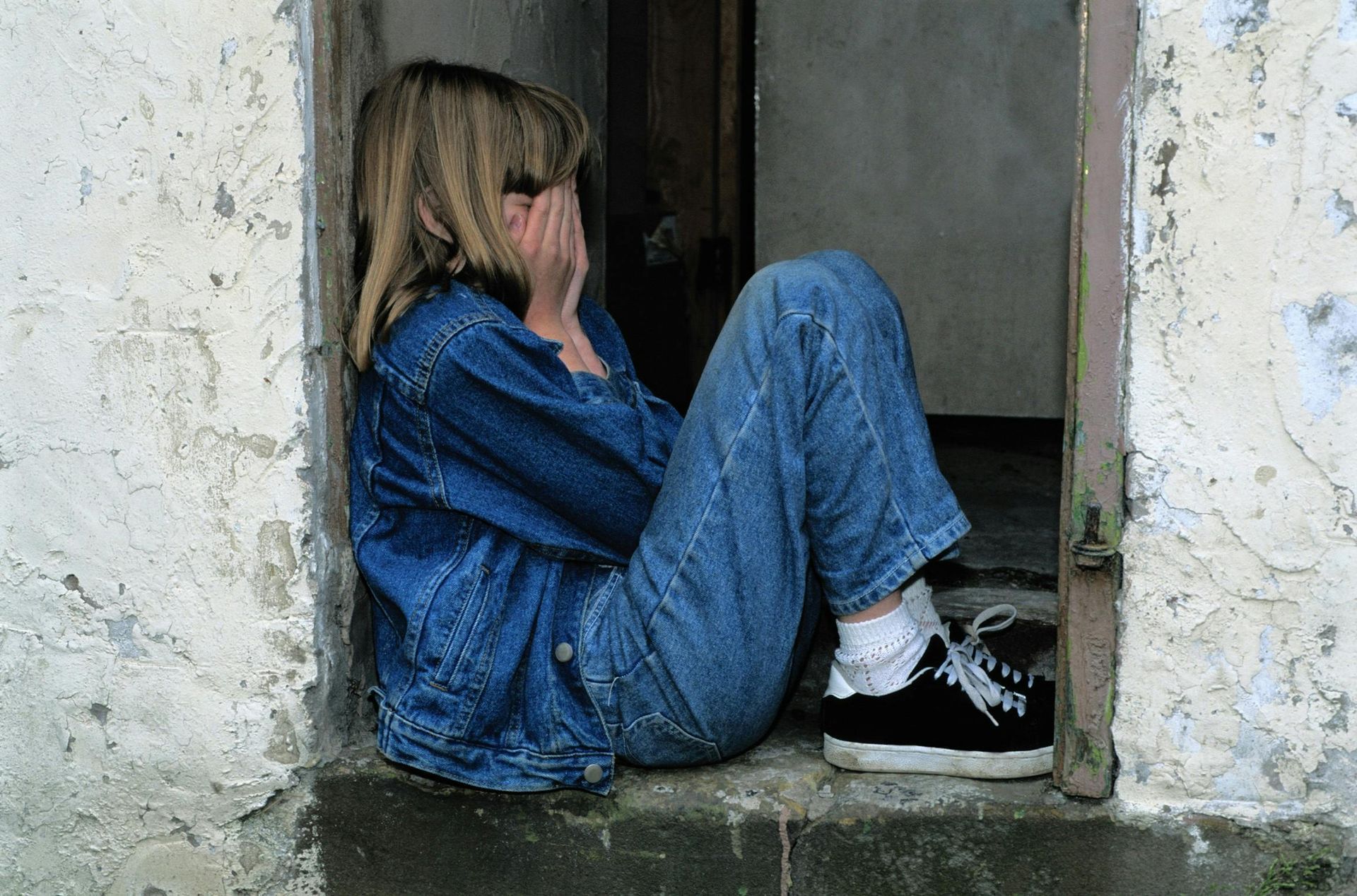Which risks are you facing now?

The biggest risks in parenting are actually universal. If you haven't yet, you will struggle with these 3 at some point.
The difference is that some parents stay stuck forever, mired in self-criticism, doubt and disappointment, and some parents figure out how to get help.
Which of these 3 is your biggest parenting struggle right now? Do you know how to get unstuck?
1.) Not repairing after a rupture
Sometimes in parenting, we all say or do things we regret. This happens despite our best intentions, despite our deep love for our children, because we are human. This happens to all parents, and it’s normal.
A rupture chips away at the trust and connection in the parent-child 3relationship, unless there is a repair. So even though everyone has calmed down and seems to have moved on, the next time there is a rupture, it will be harder to repair the relationship.
Learning the skills to repair a rupture is critical, since these breaches are an inevitable part of parenting.
2.) Doubting yourself
There is a stereotype of a narcissistic surgeon that goes, “sometimes right, sometimes wrong, but never in doubt.”
So often in parenting, we are the opposite—always in doubt. We spend so much time thinking we are doing things wrong, or that other parents do things better, or that we are failing.
This kind of self-doubt sucks our ability to find joy. It leaches into how we feel about ourselves. It makes us insecure and inflexible as parents. It makes us miserable as humans.
Finding a way to feel secure and confident in our parenting is critical, because the alternative is making so many of us miserable.
3.) Problem paralysis
We all have problems with our kids sometimes. Small problems. Large problems. Medium problems. We all have them. This is completely normal.
But having this problem makes us feel guilty. Or afraid. Or anxious, or embarassed, or ashamed.
We feel like we shouldn’t have this problem. We believe that other parents don’t have problems like this. We believe this problem is the proof that we are failing.
And then our BIG FEELINGS about the problem feel overwhelming, and we feel stuck.
The first step to getting unstuck is to find a safe place to share your feelings—even the embarassing, critical feelings—so that our creative, problem-solving mind can re-engage, and our panicing, fearful mind can relax.
Despite our best efforts, we all experience ruptures, doubts and problems in parenting. We all struggle sometimes. But getting unstuck involves learning how to repair the rupture, trust ourselves, and unload our big feelings.
Struggling makes you human. Getting unstuck makes things feel so much better.












